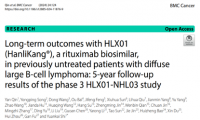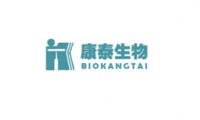-
Drug shortages challenge type 2 diabetes patients in the UK
- Source: drugdu
- 91
- January 30, 2024
-
【EXPERT Q&A】What are the procedures for exporting medical devices to Japan?
- Source: drugdu
- 215
- January 29, 2024
-
New Tests to Help Predict Disease Progression in Ulcerative Colitis
- Source: drugdu
- 93
- January 27, 2024
-
First of Its Kind Software Uses AI and ML for Personalized Disease Prediction
- Source: drugdu
- 90
- January 27, 2024
-
Key Trends from the 2024 J.P. Morgan Healthcare Conference
- Source: drugdu
- 86
- January 27, 2024
-
FDA Warns Drugmakers of Additional Cancer Risks Associated with CAR T-Cell Therapy
- Source: drugdu
- 98
- January 26, 2024
-
Eli Lilly Sounds Off as Early Data Show How Gene Therapy Can Restore Hearing
- Source: drugdu
- 84
- January 26, 2024
-
Announcement on the Acceptance of Application for Clinical Trial of 20-valent Pneumococcal Polysaccharide Conjugate Vaccine
- Source: drugdu
- 85
- January 26, 2024
your submission has already been received.
OK
Subscribe
Please enter a valid Email address!
Submit
The most relevant industry news & insight will be sent to you every two weeks.













